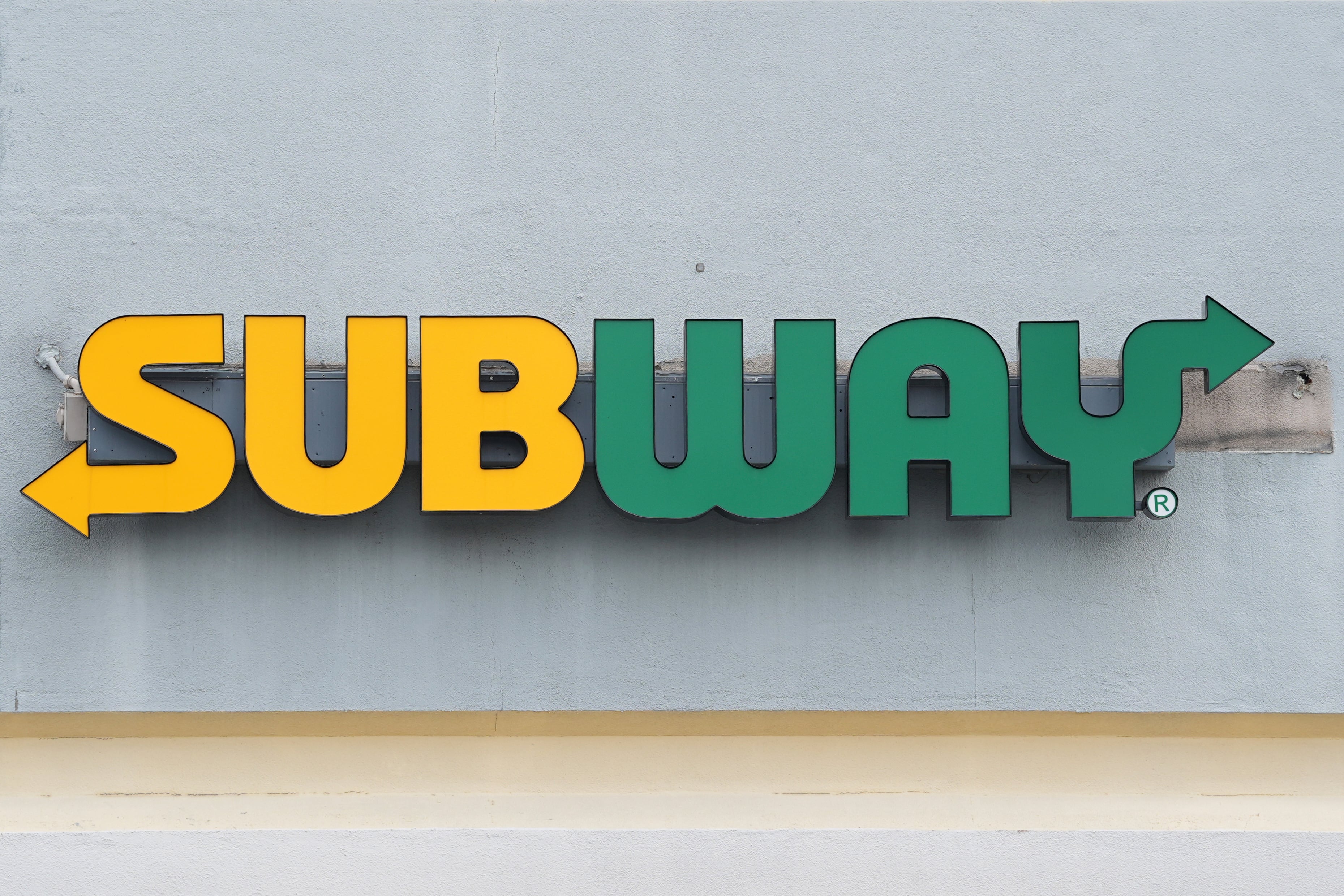Slack is using its close-up view of working life in the digital age to better understand how COVID-19 is reshaping employee expectations.
The workplace platform this week released its first Remote Employee Experience Index, a quarterly survey tracking things like worker satisfaction, productivity, and work-life balance.
The results show a workforce that is not eager to return to the pre-pandemic status quo while still adjusting to the unique challenges of a new normal.
"The first thing that we found is people really don't want to go back to nine-to-five, five days a week in a fixed office environment," said Brian Elliott, Slack VP and head of Future Forum, an in-house think tank devoted to helping companies thrive in the post-COVID workplace. "Satisfaction levels are a lot higher working from home than people ever expected. Work-life balance is better. Productivity is up for more people than it's down."
One telling data point was that just 12 percent of respondents wanted to return to the office five days a week, while a comparable 16 percent wanted to work from home full-time.
"Most people want flexibility. They want the ability to work from home a lot more often but to get together in a shared space when they can too, to sort of recharge their batteries," Elliott told Cheddar.
At the same time, workers are making up for some of that lack of social interaction with Slack itself.
"You see huge growth in productivity apps, but also huge growth in sort of social cohesion and belonging activities," Elliott said.
He added that one approach to remote work that seems to lower productivity and satisfaction is too many video conferences throughout the day. He advised a mixed approach that saves video calls for problem solving and team bonding and uses other functions for status checks.
Slack's revenue was up 49 percent year-over-year in its latest quarter, with large enterprises largely driving the growth, according to Elliott.
He anticipates this trajectory continuing even after the economy begins to reopen.
"I think what's going to happen is you're going to see a hybrid environment that rises," he said. "If you think back to the 72 percent of people that want flexibility, that means they're going to be working from home somedays, working from an office other days. The only way that works is if you've got a digital headquarters, which is Slack, that helps pull together all the tools that your team uses and makes them available in one spot."












